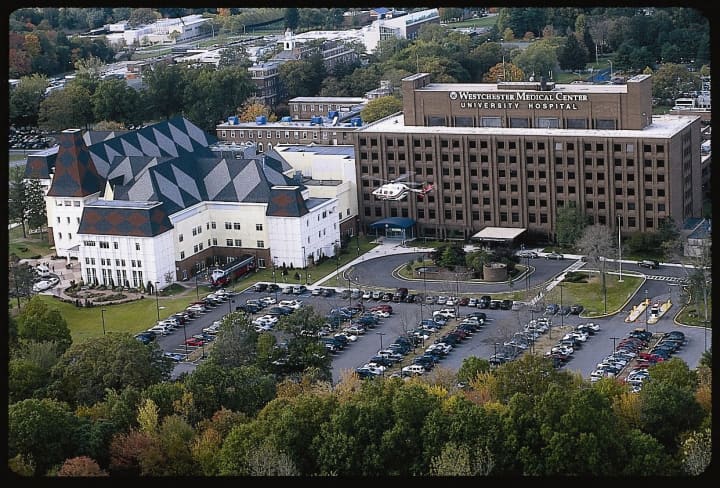County Executive George Latimer said that antibody testing is expected to begin at Westchester Medical Center this week, with a priority being placed on first responders and essential workers.
The test, which was designed by Stanford Medicine, detects genetic material from the virus in respiratory secretions, looks for antibodies to the virus in plasma, the liquid in blood, to provide information about a person’s immune response to an infection.
According to Stanford Health Care, the test takes two to three days for results, and they can test up to 500 samples per day, which the organization plans to ramp up.
“It’s essential to have the right tools to understand the biology of the novel coronavirus,” said Lloyd Minor, dean of the Stanford University School of Medicine. “This test takes us one step closer to answering the many public health questions about COVID-19.”
Thomas Montine, the professor and chair of pathology at the Stanford School of Medicine, said that “there is limited data out of China and Europe showing that this appears to be the response pattern followed with this virus. But no one has had this long enough to know how long after infection the antibodies persist.”
According to Stanford Medicine, “the novel coronavirus is thought to cause mild or asymptomatic infections in many people. Measuring antibody levels in those who have not been severely ill will help to determine how common mild infections are in the general population.
“The test can also be used to help show whether, and for how long, someone with antibodies is protected against reinfection. Understanding the immune response to the virus could also help inform when it is safe for individuals to return to normal activity.”
“This isn’t a perfect tool, but it’s one tool that I suspect we’ll use to help devise protocols for unwinding shelter-in-place orders,” Montine said.
Medical experts have said that data suggests that convalescent plasma — collected from the blood of people recovering from the disease and containing anti-COVID-19 antibodies — could help treat people with acute COVID-19.
“That approach could be very important in this period when we don’t have vaccines or other definitive therapies,” Montine said. “Developing the new test required close collaboration by experts across many Stanford departments. This was an amazing team effort.”
Click here to follow Daily Voice Bedford and receive free news updates.


